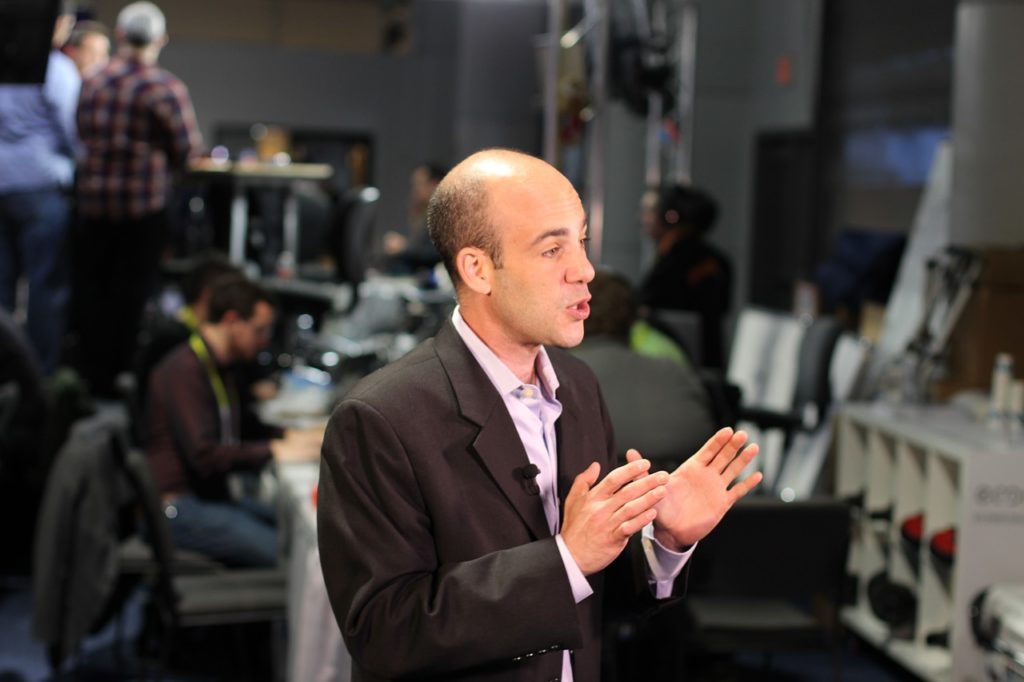The career of a professional athlete is generally much shorter than that of the average person. If your job requires that you maintain peak physical fitness, you’re going to have to retire sooner than most.
That doesn’t mean you won’t need to continue working. While being a professional athlete can be lucrative, very few people make enough money to sustain a comfortable lifestyle for their loved ones forever. On top of that, many athletes simply want to continue working after they are no longer playing at the professional level.
That’s why it’s helpful for professional athletes to consider post-athletic careers while they’re still playing. Sports pros often have a wide range of talent and expertise that make them particularly well suited for certain types of jobs after retirement. The following are some of the more common ones worth investigating.
Sportscaster
Pro athletes tend to have a passion for the game they play. Obviously, they also have detailed knowledge of their sport, as well as professional connections in the industry. This makes them ideal candidates for sportscaster roles. The ability to understand what’s happening during every moment of a game or event—and being able to relay that information to fans—is essential to the job. It’s also a skill that most pro athletes can offer.
Of course, these positions are limited. Those who don’t make the cut can still consider pursuing a career in sports writing. Again, the depth of understanding they can bring to this role is unmatched by the many others vying for it.

Personal Trainer
To maintain the physical fitness needed to play a sport professionally, athletes must undergo rigorous training.
Thus, they’re familiar with the kinds of training programs that non-athletes may be interested in. Many people who don’t become professional athletes still want to be as fit as those who do. Thus, a retired pro can be a highly effective personal trainer. They can also leverage their training and knowledge to offer books or other resources on the subject.
Coach
Many coaches at the professional and collegiate levels are former professional athletes. Again, they simply understand their game and what it takes to win it—much more so than the average person. They also tend to have a passion that can help to motivate players. On top of that, since they have previously played under coaches in the past, they understand which tactics are effective and which are not. These are all reasons to consider a coaching position after retiring from professional sports.
General Manager
You don’t have to be a coach or a player to be involved with a team on a professional level. General managers and similar personnel also play crucial roles. These jobs also demand a thorough understanding of the sport. This is a quality that retired players can offer to a greater degree than many other potential candidates.

Performer
This isn’t a career that every retired athlete should pursue. It requires a very different skill set, and it can be difficult to succeed if you weren’t particularly well known. That said, many athletes are already celebrities. They’ve also spent a lot of time on camera and know how to handle that kind of attention. Thus, if they have acting, singing, or similar talents related to the performing arts, they can transition into such a career.
Sports Agent
Possessing knowledge of the industry related to a particular sport is key for a sports agent. Few people know these industries better than professional athletes. They’ve also likely worked with sports agents in the past. This means that they are already familiar with what kinds of responsibilities the job involves. They have a head start on other candidates for these positions due to their years of experience in the field.
Sports Psychologist
Playing a sport at a professional level can be a stressful experience, both physically and emotionally. That’s why it’s becoming more common for athletes to seek help from psychologists who specialize in working with people like them.
It can be very helpful if such a psychologist genuinely understands the experiences that players go through. They can provide valid insights grounded in a familiarity with the lives of their clients. They can also help other athletes to transition into new careers after retirement.

Business Owner
Professional athletes who invest their earnings wisely often have the funds necessary to start their own businesses after retirement. On top of that, they have plenty of experience in working with other people toward a common goal. It’s also likely that they have experience in motivating others and in identifying their strengths. Thus, it’s not uncommon for retired sports professionals to move into entrepreneurial endeavors.
While it can be stressful to seek out a new career after playing a sport at the professional level, it doesn’t have to be. The skills that an athlete develops on the field can easily apply to a wide range of other careers. The ones listed here are just a few of the possibilities.

